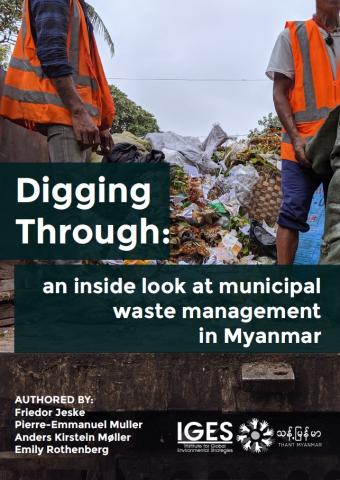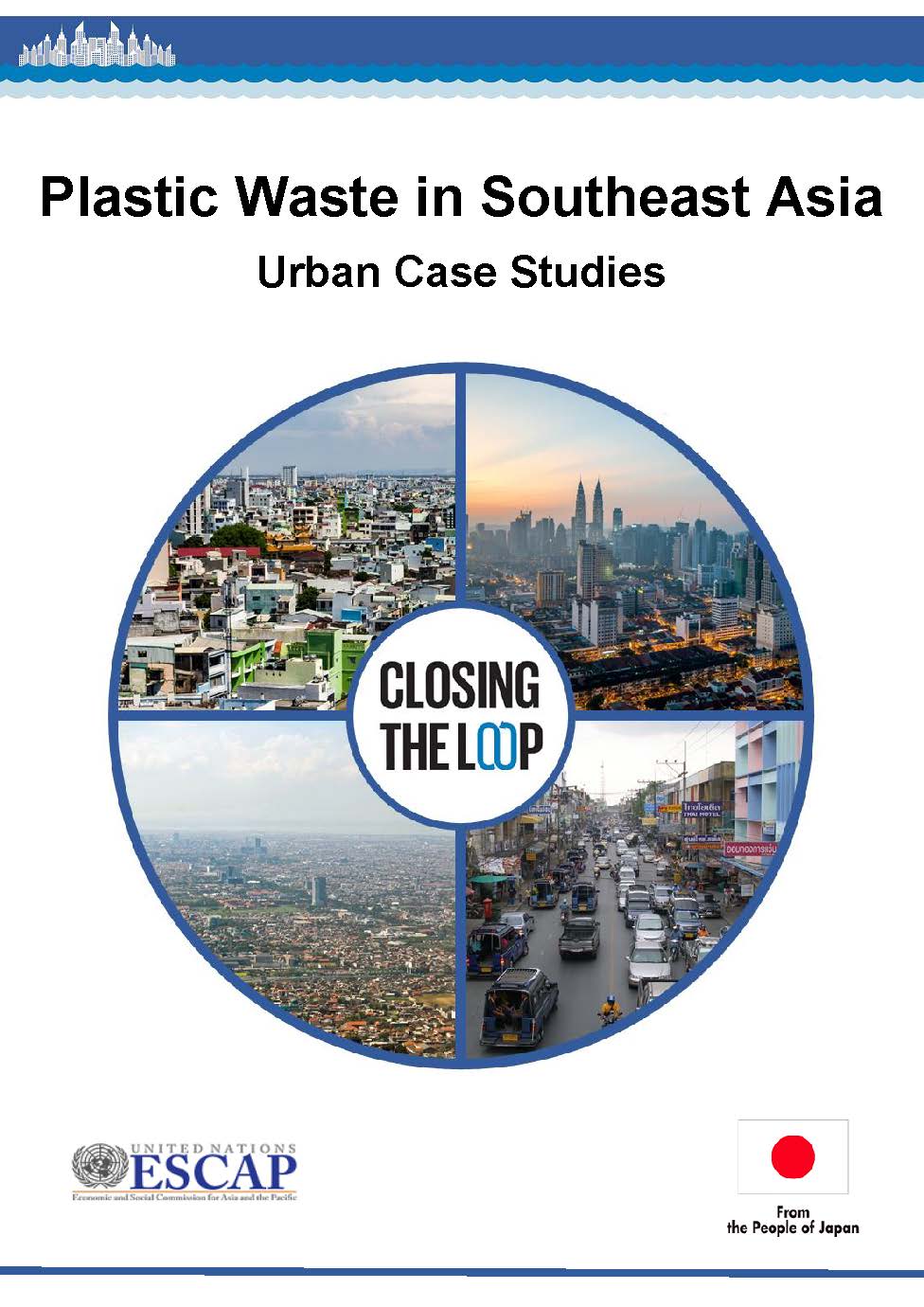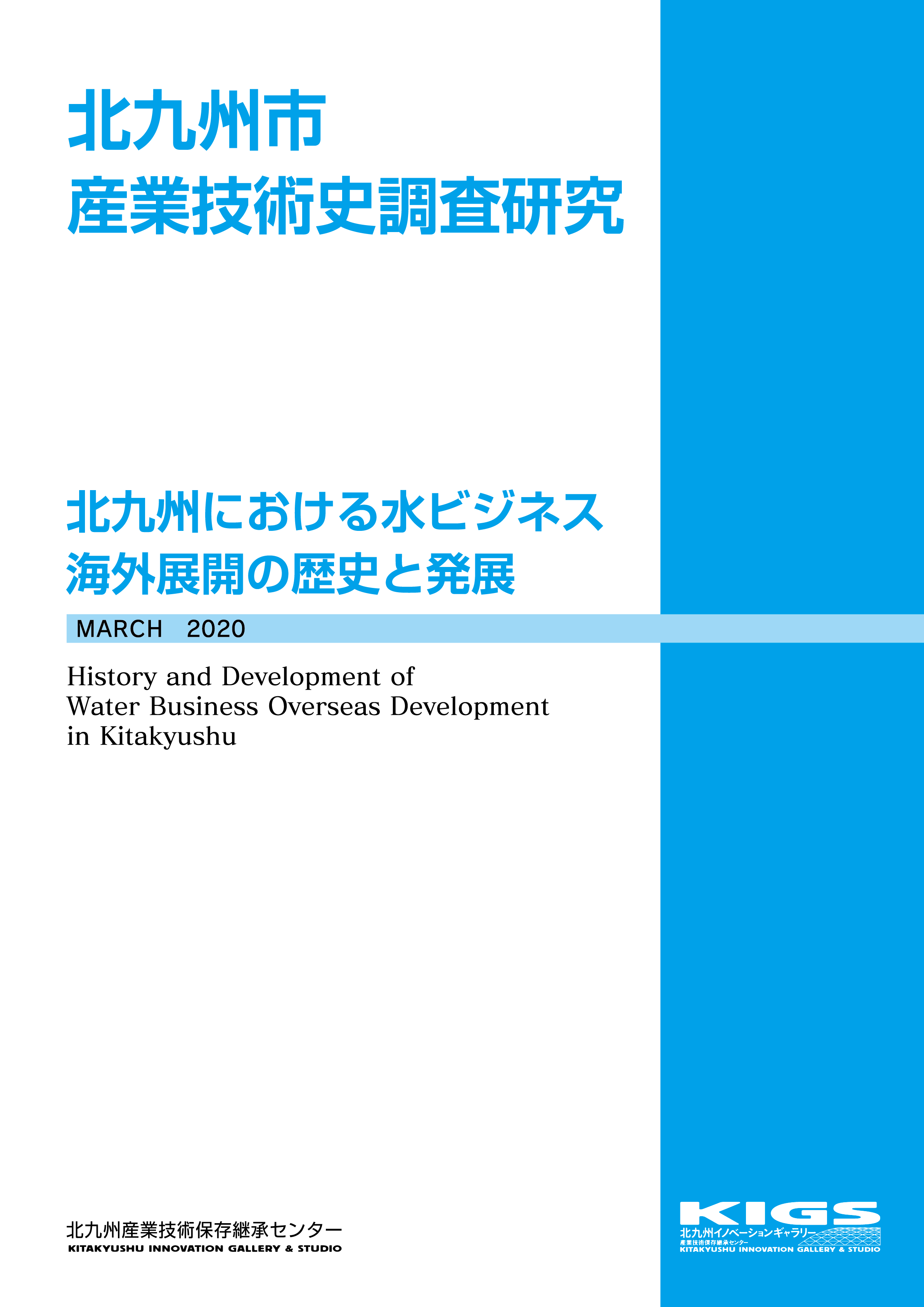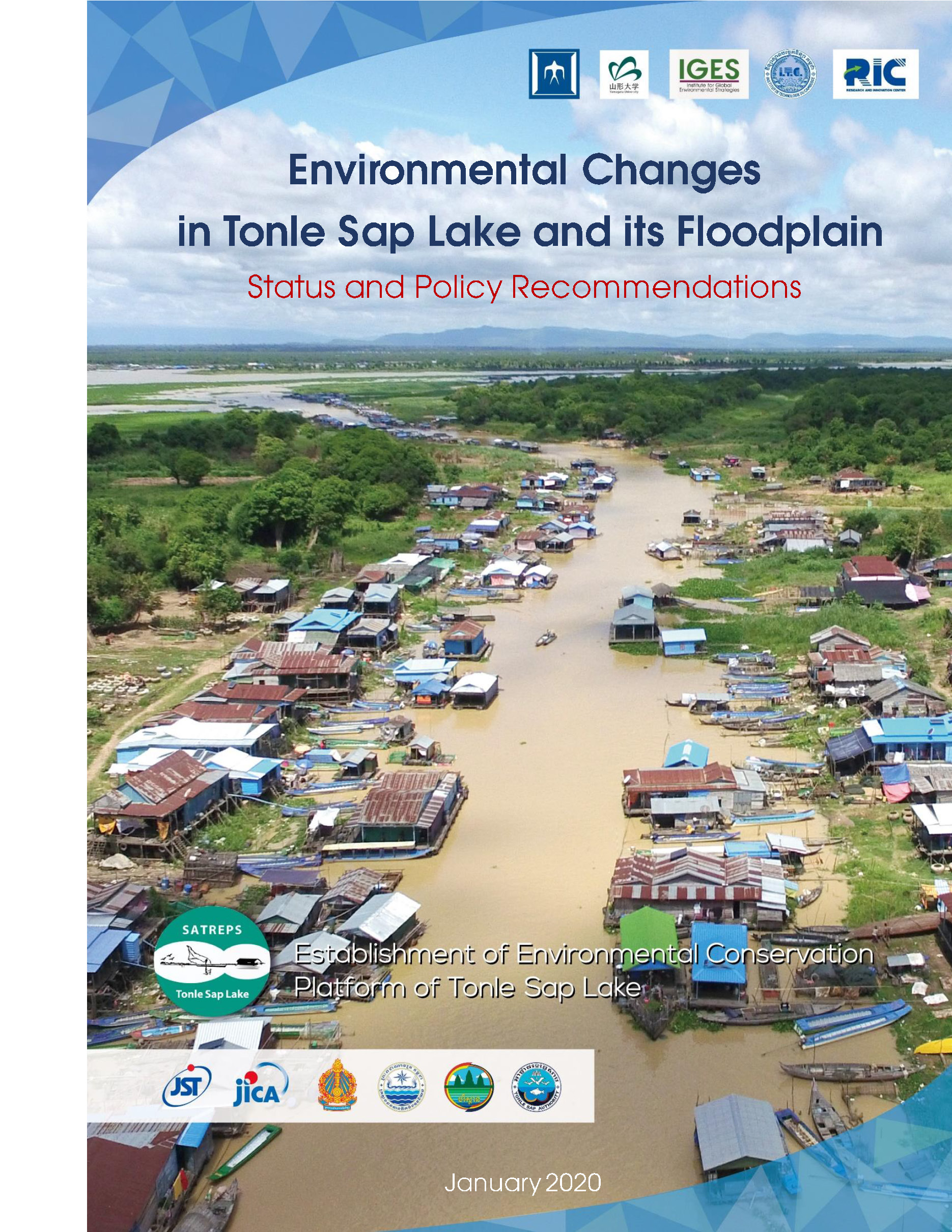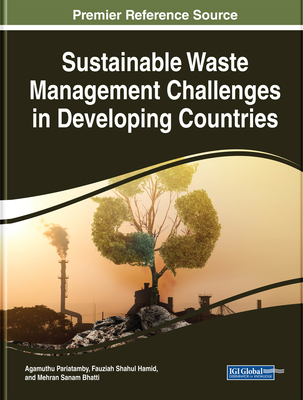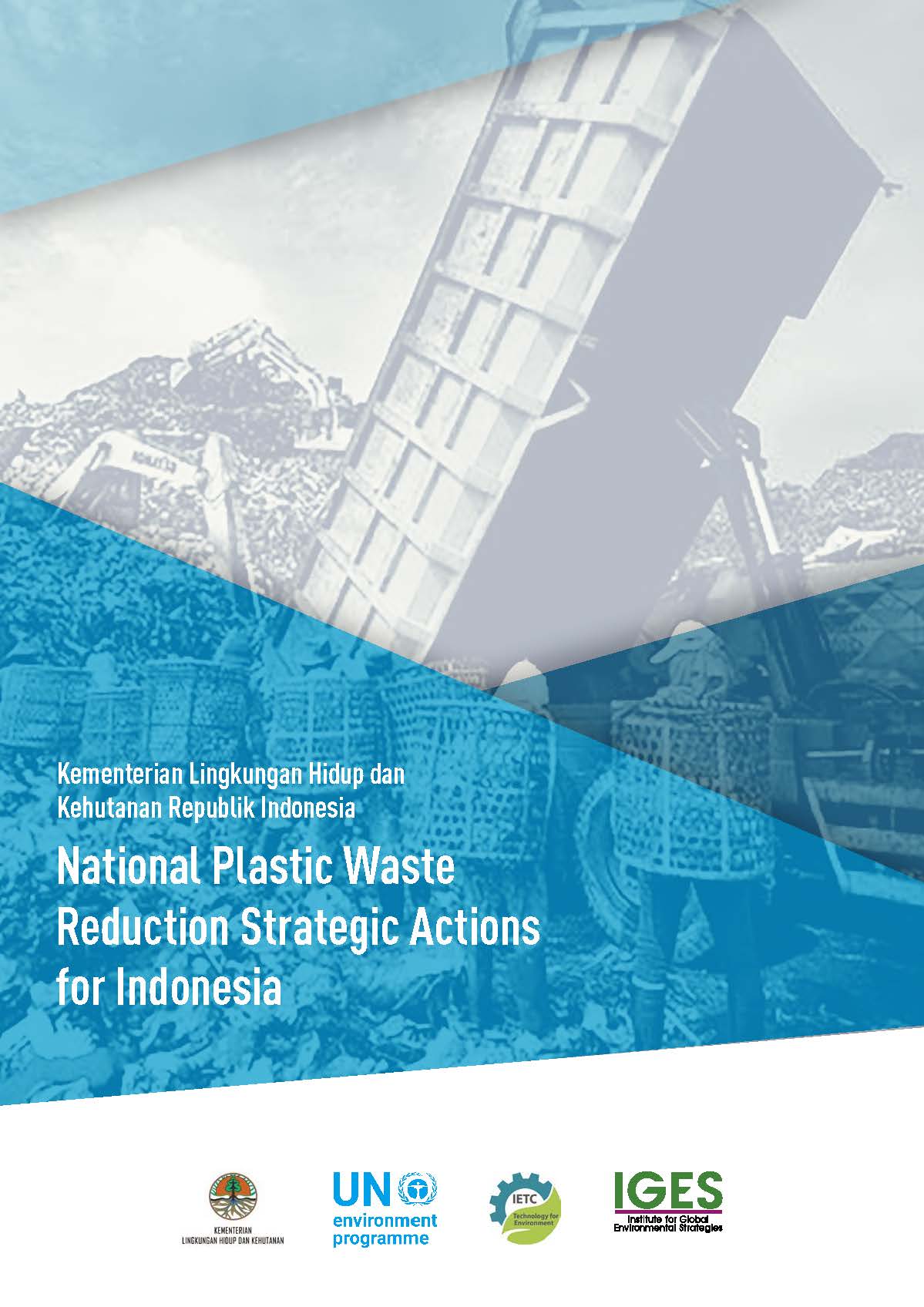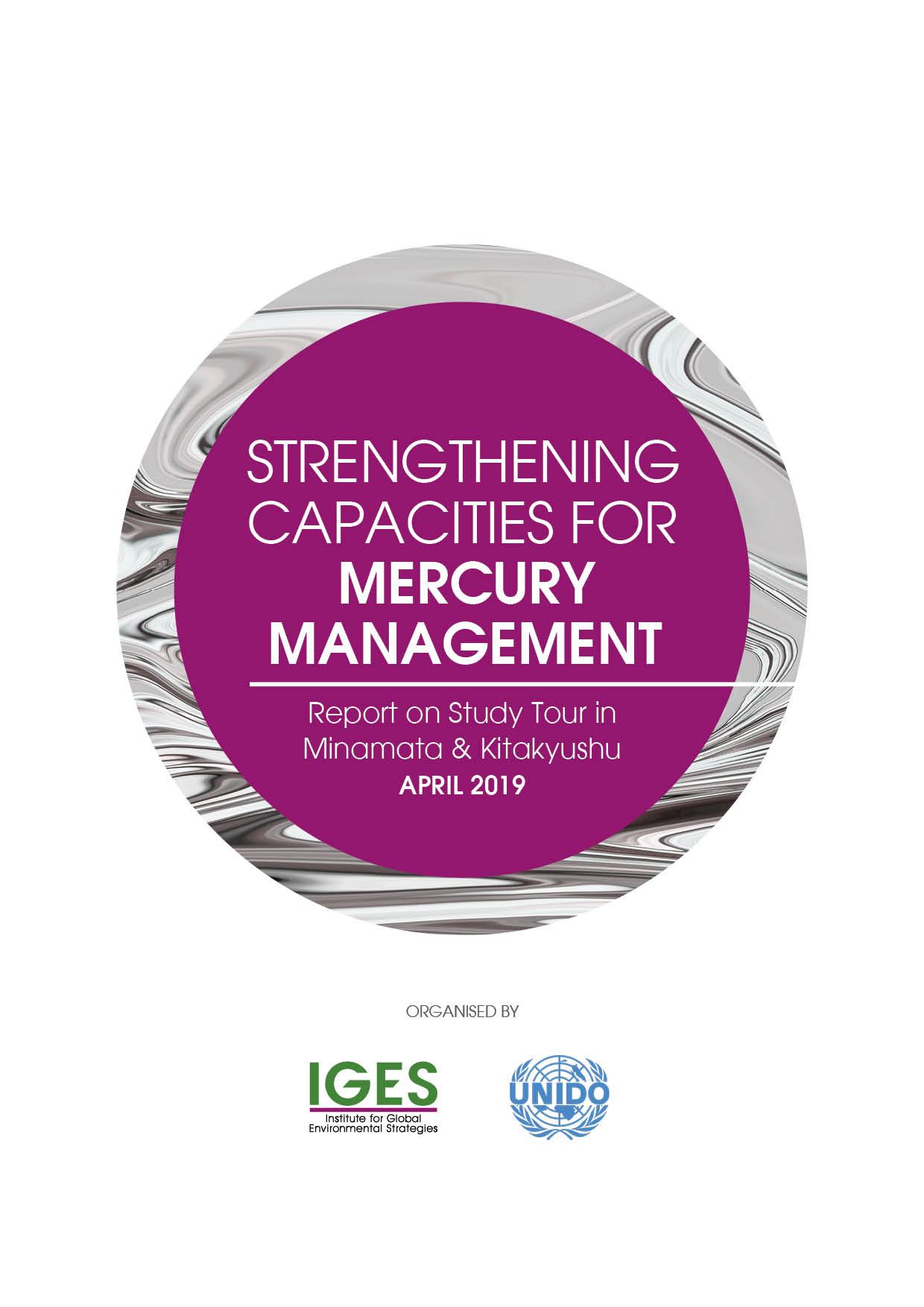In Mitigation and Adaptation Strategies for Global Change
Rapid population growth, urbanization, industrialization, and climate change are the key drivers causing serious water pollution around the globe. Considering the impacts of these key drivers, this study employed the Water Evaluation and Planning (WEAP) simulation tool to simulate the future water quality in a nearly 60-km stretch of the Hau River...



